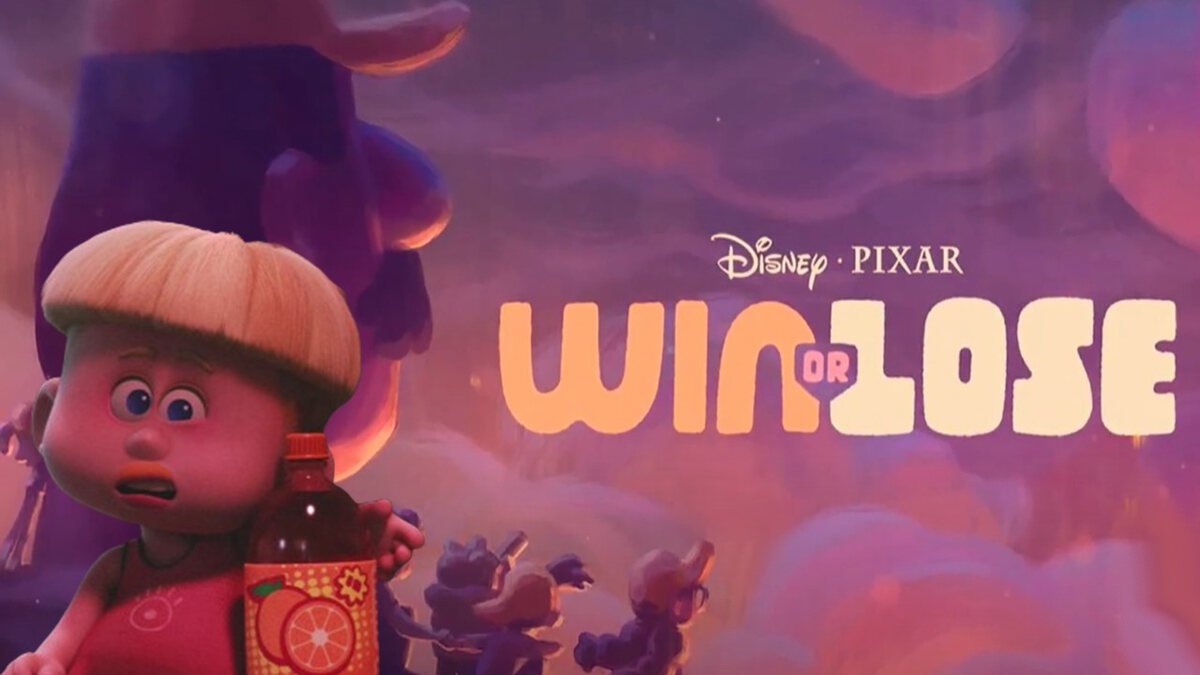
Animation often gets unfairly dismissed as child’s play, but Pixar’s Win or Lose flips that assumption with one of the studio’s most emotionally resonant creations to date. Initially, it seems like a story centered around a middle school softball game. But each episode reveals something deeper: a different character’s emotional world as they experience the same day from their own perspective. Through stunning visual storytelling and a refreshingly honest tone, Win or Lose tells us not just about wins and losses on the field, but the struggles we all carry beneath the surface.
Rather than focus on victory or defeat, the series examines what it truly means to grow up, make mistakes, seek connection, and find courage. With each story tackling themes like anxiety, love, self-worth, or control, Pixar delivers an animated show that’s incredibly human at its core.
Table of Contents
Win or Lose: Teaching Empathy Through Sports
What sets Win or Lose apart is its unique storytelling approach, where each episode explores the same crucial game from a different character’s viewpoint. By shifting perspective, the show captures the wide emotional range of its ensemble.
Each character’s experience brings something different to light. Laurie is anxious, Rochelle is overwhelmed by responsibility, Yuwen navigates young love, while Coach Dan hides fears behind authority. As their stories overlap, a beautiful emotional tapestry emerges, one that encourages us to look beyond appearances and understand what others may be going through.
The 8 Emotional Reasons Why Win or Lose Stands Out
1. Facing Anxiety Head-On (Laurie – Coach’s Kid)
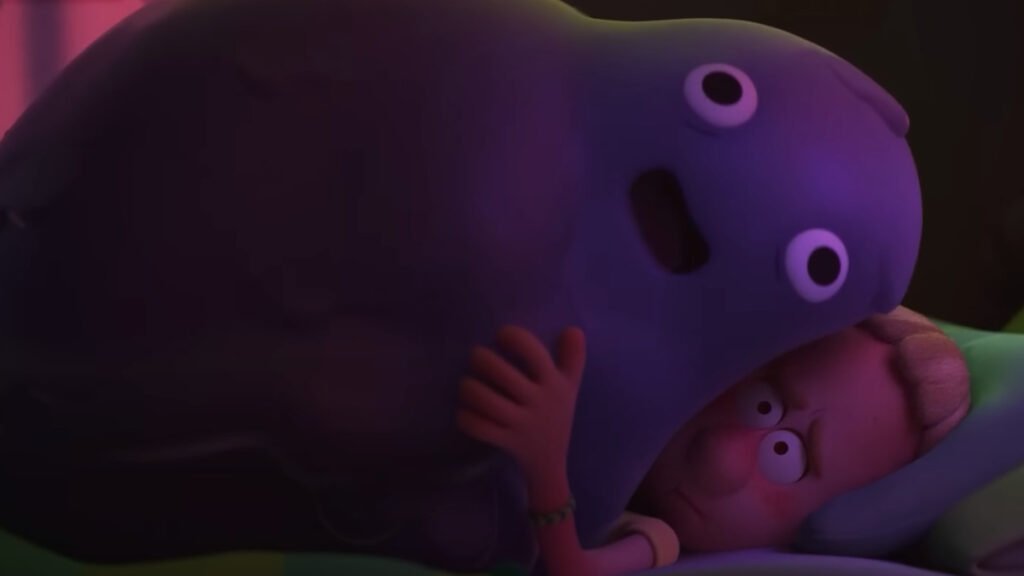
Laurie’s anxiety, visualized through a sweaty monster, makes inner turmoil visible. The show’s strength lies in its ability to tackle tough topics with both humor and heart.
2. It Portrays the Pain of Heartbreak (Frank – Blue)
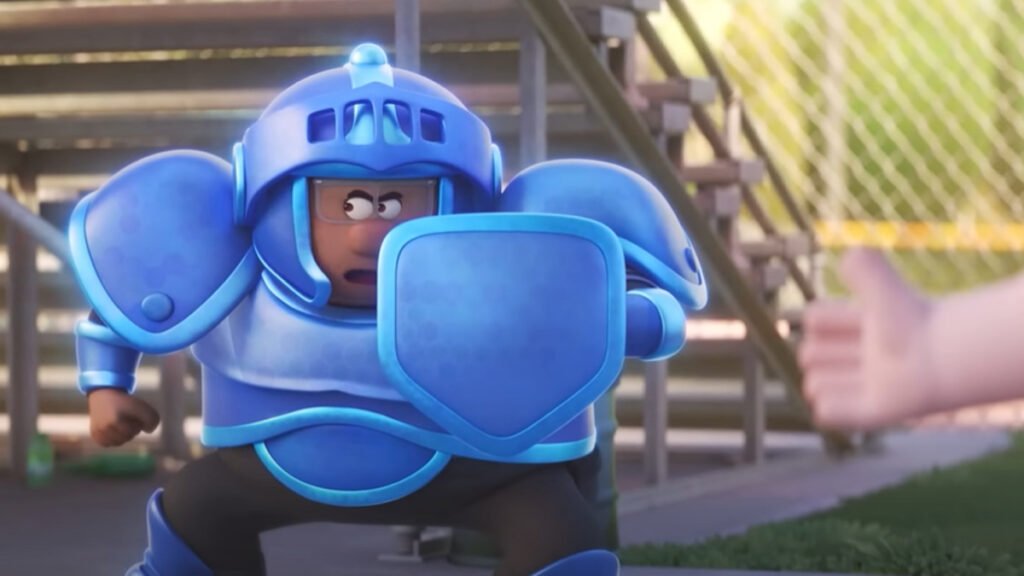
Frank’s emotional numbness, represented by his “blue armor,” captures how heartbreak can harden us, and how healing comes only when we let go.
3. It Highlights the Burden of Pressure (Rochelle – Raspberry)
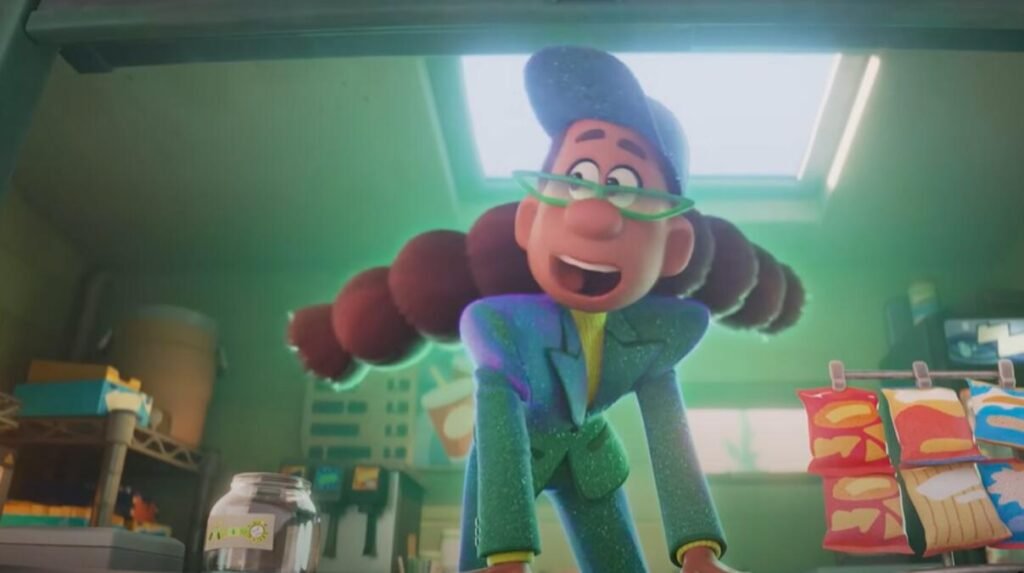
Rochelle’s story reveals the moral cost of survival when young people carry too much responsibility. Her desperation makes for one of the show’s most raw moments.
4. It Exposes the Struggles of Self-Image (Vanessa – Pickle)
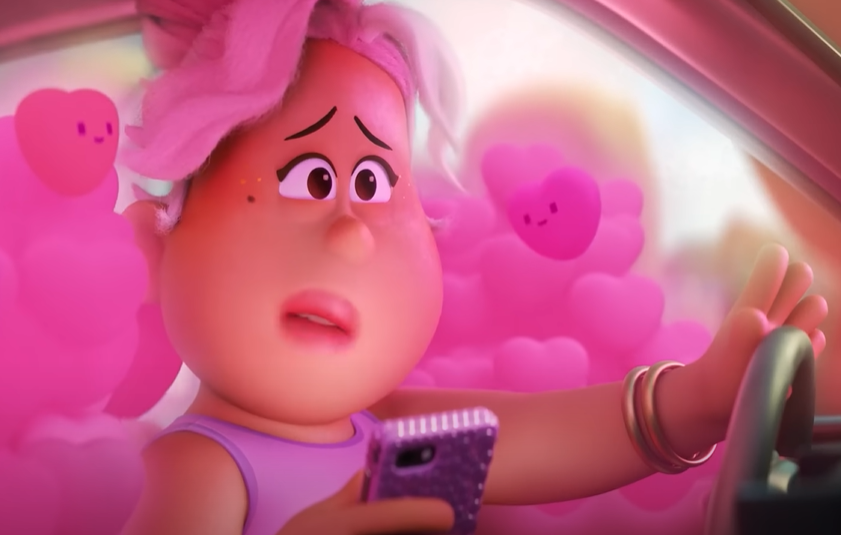
Vanessa’s conflict between motherhood and her influencer persona reflects a real-world dilemma. How do we balance who we are with how we want to be seen?
5. It Shows the Shift from Innocence to Guilt (Ira – Steal)
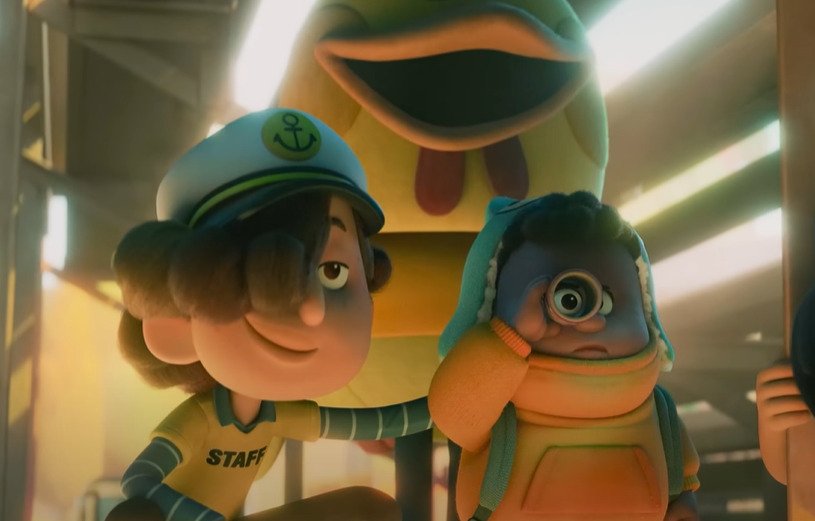
Ira’s imagination leads him into unintended consequences. This episode brilliantly explores the blurry line between childish play and real-life accountability.
6. It Explores the Ups and Downs of Young Love (Yuwen – Mixed Signals)
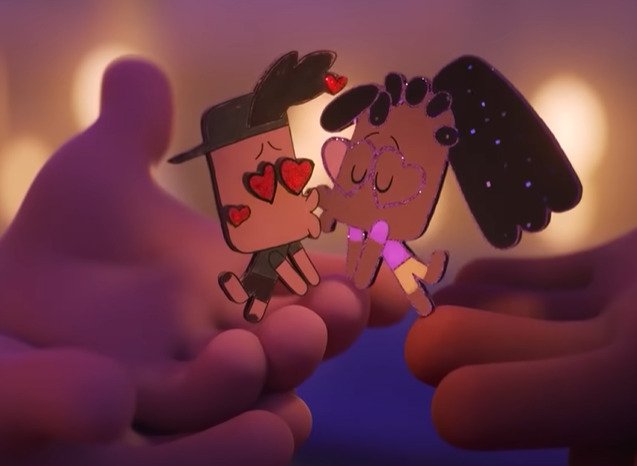
Yuwen’s inner world falls apart when his insecurity ruins a potential relationship. His metaphorical paper diorama is a beautifully painful visual of teenage emotion.
7. It Reflects the Pain of High Expectations (Kai – I Got It)
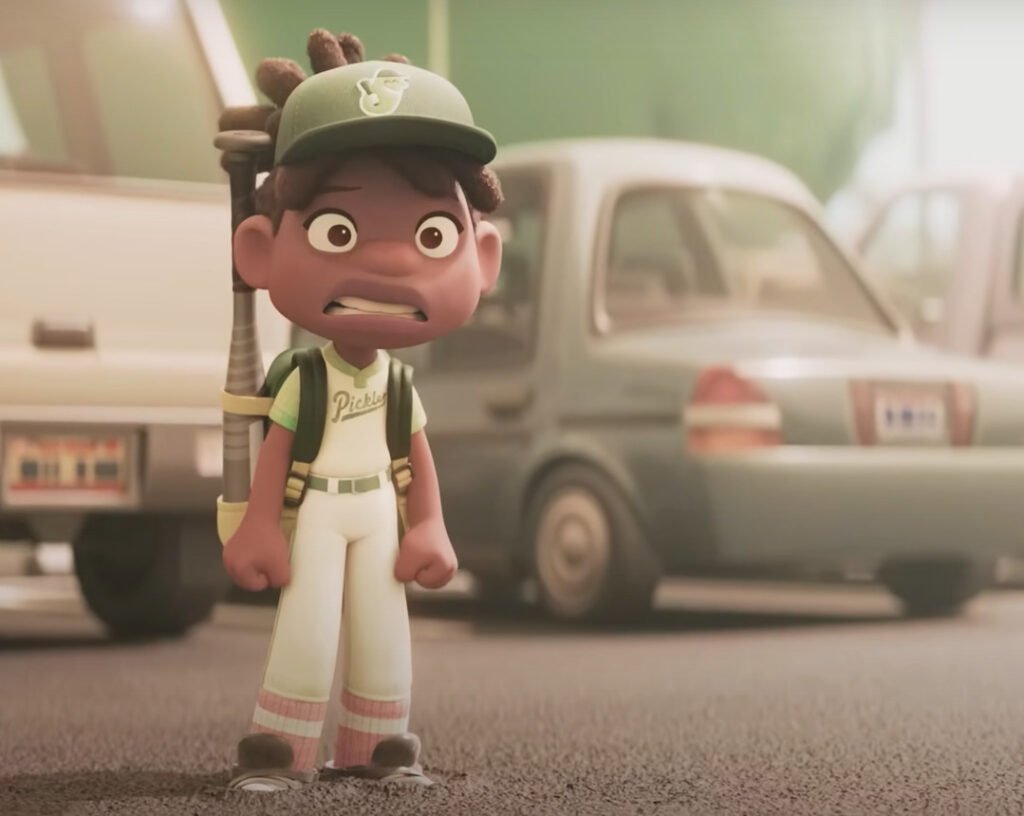
Kai’s desire to gain her father’s approval ultimately leads to physical pain and emotional silence. Her visual metaphor, sinking into the field, is one of Pixar’s most poetic depictions of pressure.
8. It Teaches the Importance of Letting Go (Coach Dan – Home)
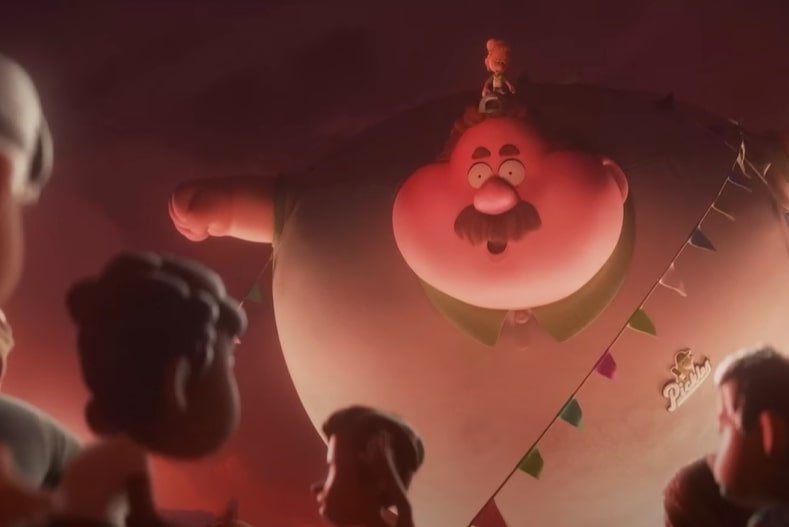
Coach Dan’s emotional outburst disrupts the whole field. In the end, it’s his daughter who helps him let go of control, proving that even leaders must learn to release their grip.
Final Thoughts: Why This Series Leaves a Lasting Mark
Win or Lose doesn’t reveal who wins the game, and that’s exactly the point. The series values emotional honesty over sports drama. Whether it’s dealing with fear, love, failure, or forgiveness, each character grows in their own way. With its smart storytelling, shifting visual styles, and heartfelt moments, Win or Lose reminds us that behind every person, there’s a story you haven’t seen yet.
It’s Pixar’s most emotionally intelligent series so far, and it deserves to be seen not just as animation, but as art.
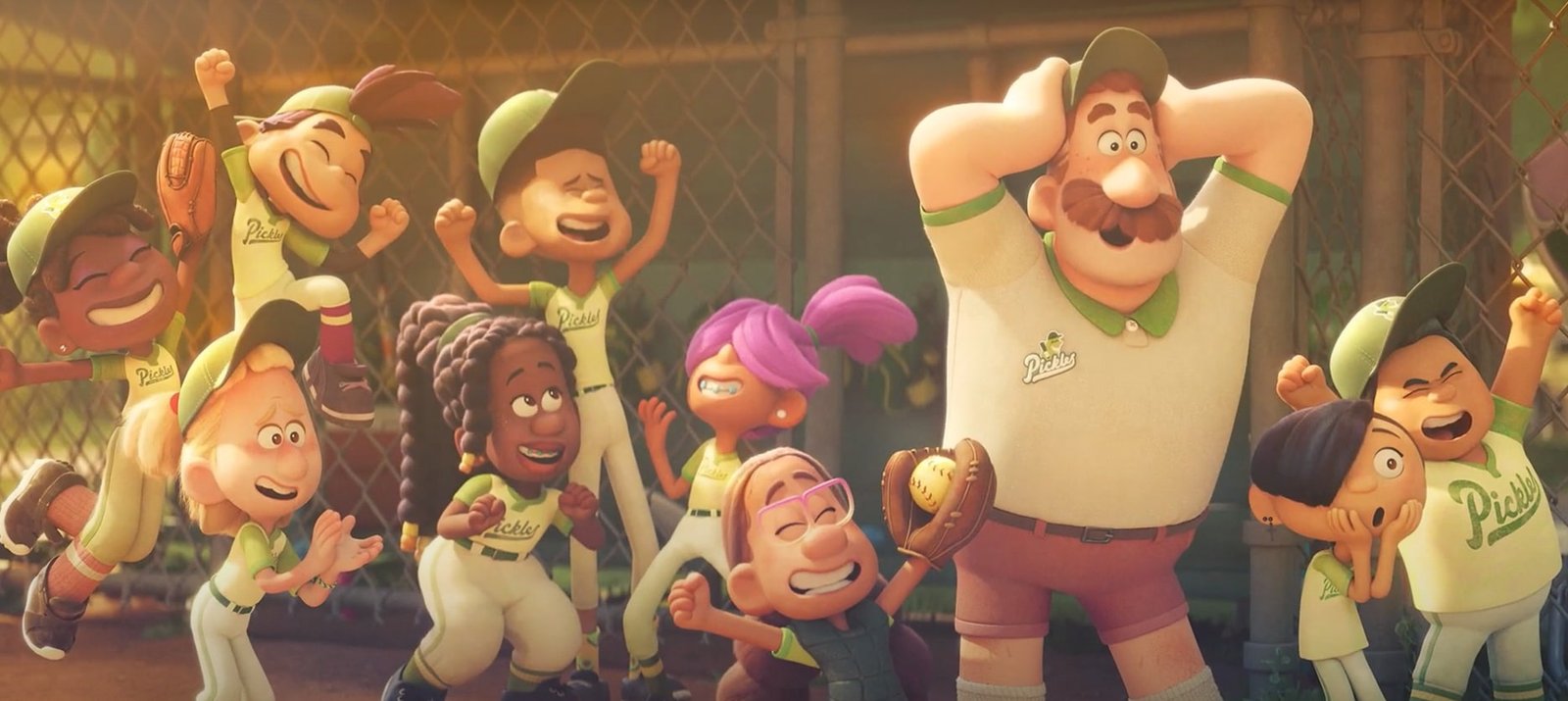
Key Takeaways
- Each episode offers a unique emotional lens on the same event.
- The show tackles real-world themes like anxiety, love, pressure, and identity.
- Characters feel authentic, layered, and relatable.
- Animation styles change per episode to match each character’s mindset.
- The series focuses on growth, not game results.
- It’s a powerful reminder that empathy changes everything.
- Both kids and adults will find something meaningful.
- Win or Lose marks a significant milestone for Pixar, delivering a bold narrative with profound emotional depth.
Win or Lose Trailer
Recent Post
